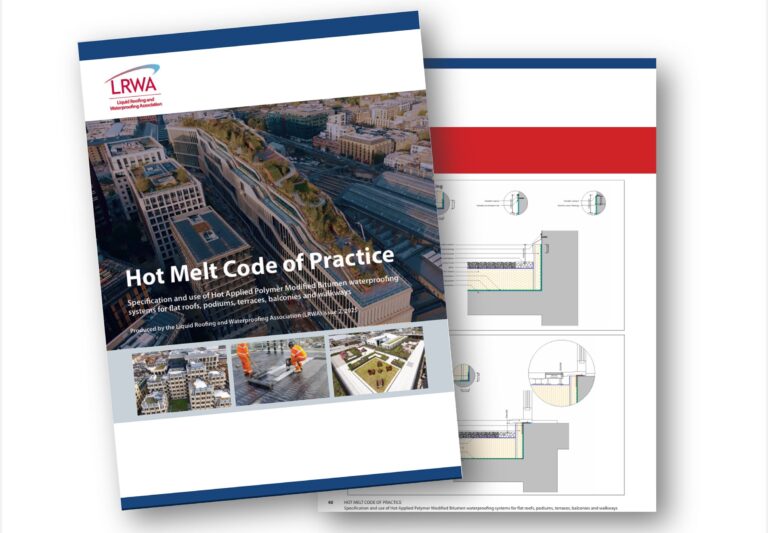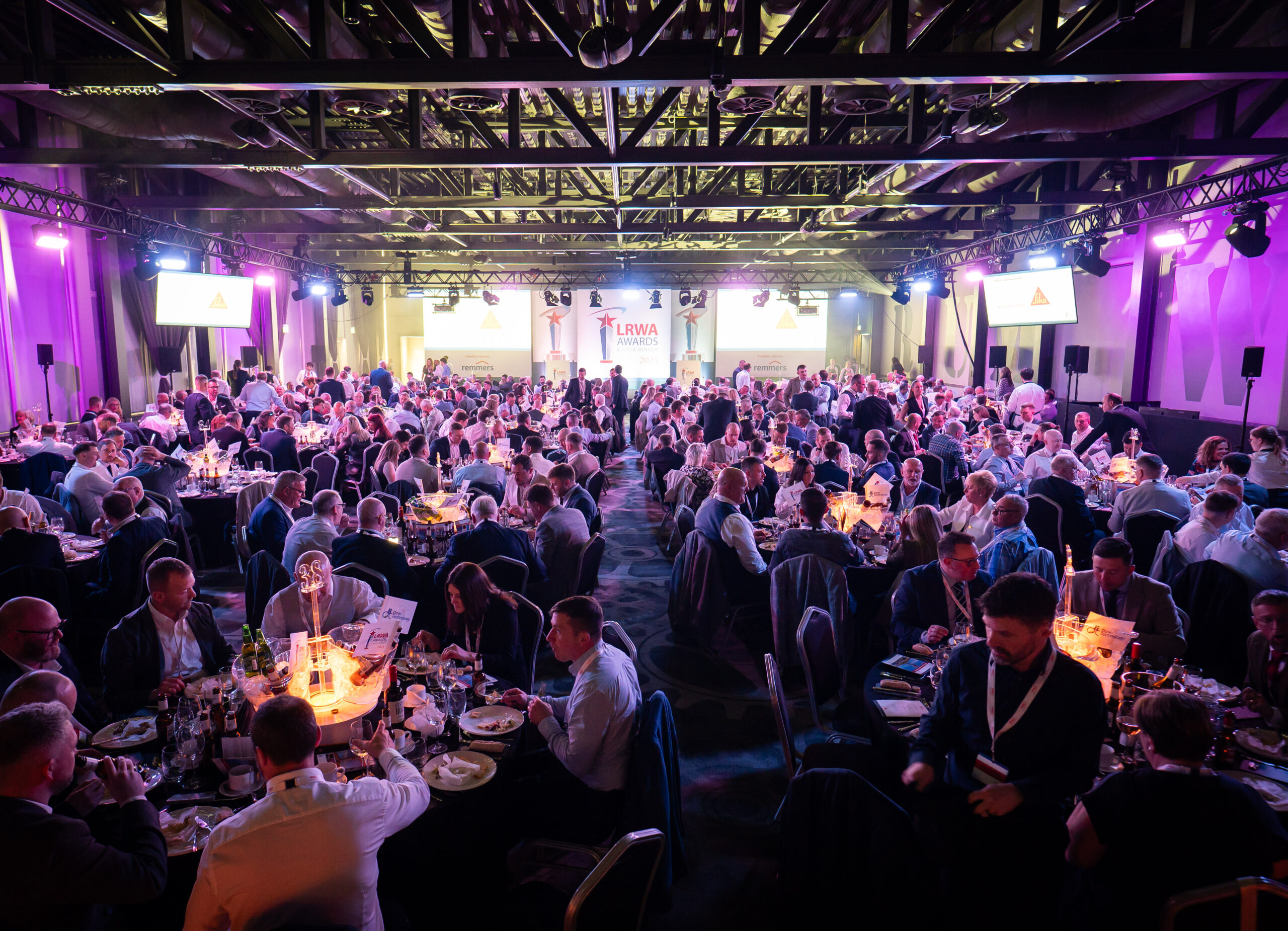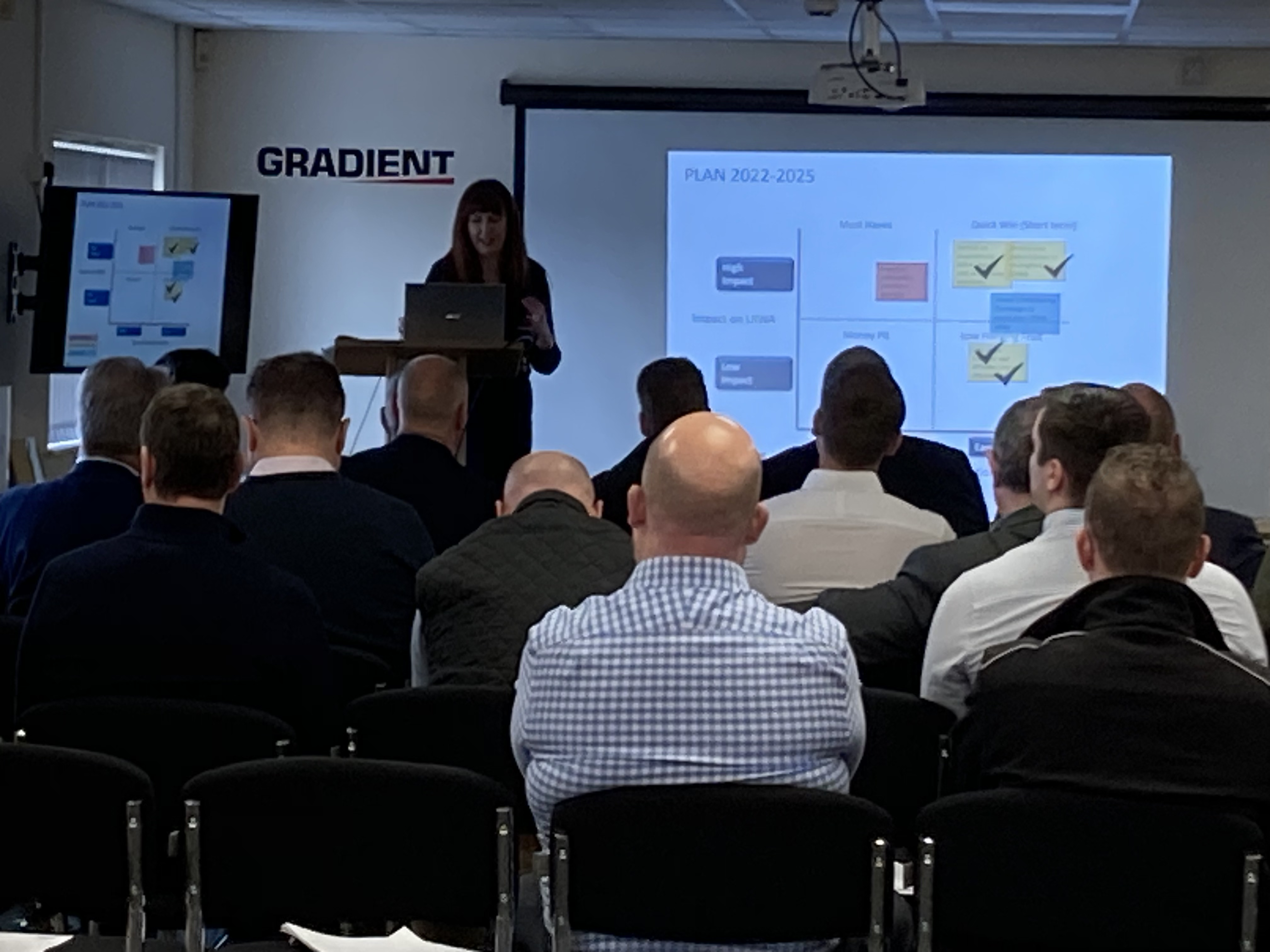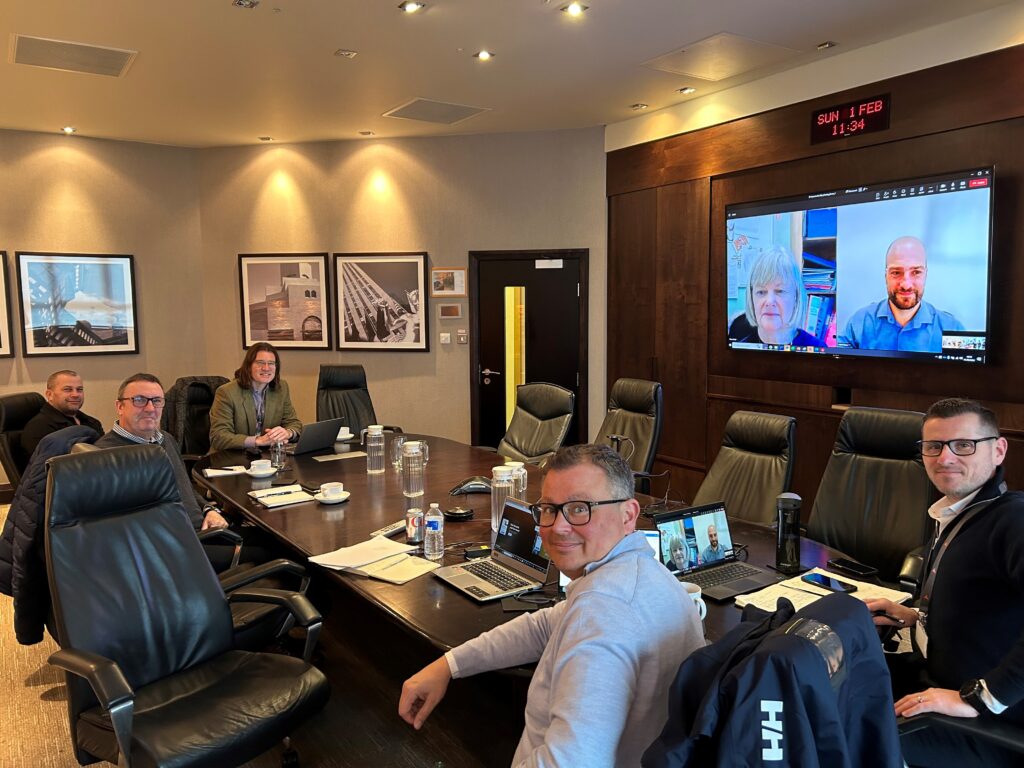To support best practice in flat roofing, the Liquid Roofing and Waterproofing Association (LRWA) has launched an updated Hot Melt Code of Practice.
Providing critical technical guidance that reflects the latest advancements and regulatory standards in the sector, the guidance was developed in collaboration with technical experts from across the UK’s hot melt waterproofing industry.
The new document supports specifiers and contractors by offering comprehensive information on the design, specification, installation, and maintenance of hot-applied polymer-modified bitumen systems, more commonly known as, hot melt.
Originally published in 2014, the updated 2025 edition responds to significant changes across the construction industry during the last decade. New technology has introduced single-layer hot melt systems alongside traditional two-layer versions, and the use of inverted roofs has increased significantly. British standards have changed too, specifically BS 6229 which has influenced best practices in flat roof design, specification and installation.
Sarah Spink, CEO of the LRWA, said: “This is a significant step forward for our industry. It brings together the latest expertise to assist construction professionals in navigating the complexities of hot melt systems. Simultaneously, it promotes high standards for design and installation, focusing on performance and supporting sustainable urban drainage strategies such as blue roofs. With increased scrutiny across our sector, this guidance will be an essential resource for delivering quality and compliant waterproofing solutions.”
The Hot Melt Code of Practice provides clarity on the nuances of zero falls design, especially relevant to inverted and blue roof systems, and includes detailed information on structural concrete decks, backfalls, surface preparation, and moisture management. It also outlines product certification requirements, installation techniques, health and safety considerations, and ongoing maintenance.
Mike Bradbury added:
“We’ve taken a holistic approach to reflect the realities of hot melt in inverted roof build ups. The guidance explains how hot melt waterproofing systems must satisfy key physical properties, including resistance to fire and moisture, as well as the importance of suitable materials and workmanship.

Mike Bradbury
LRWA Technical Guidance Manager










